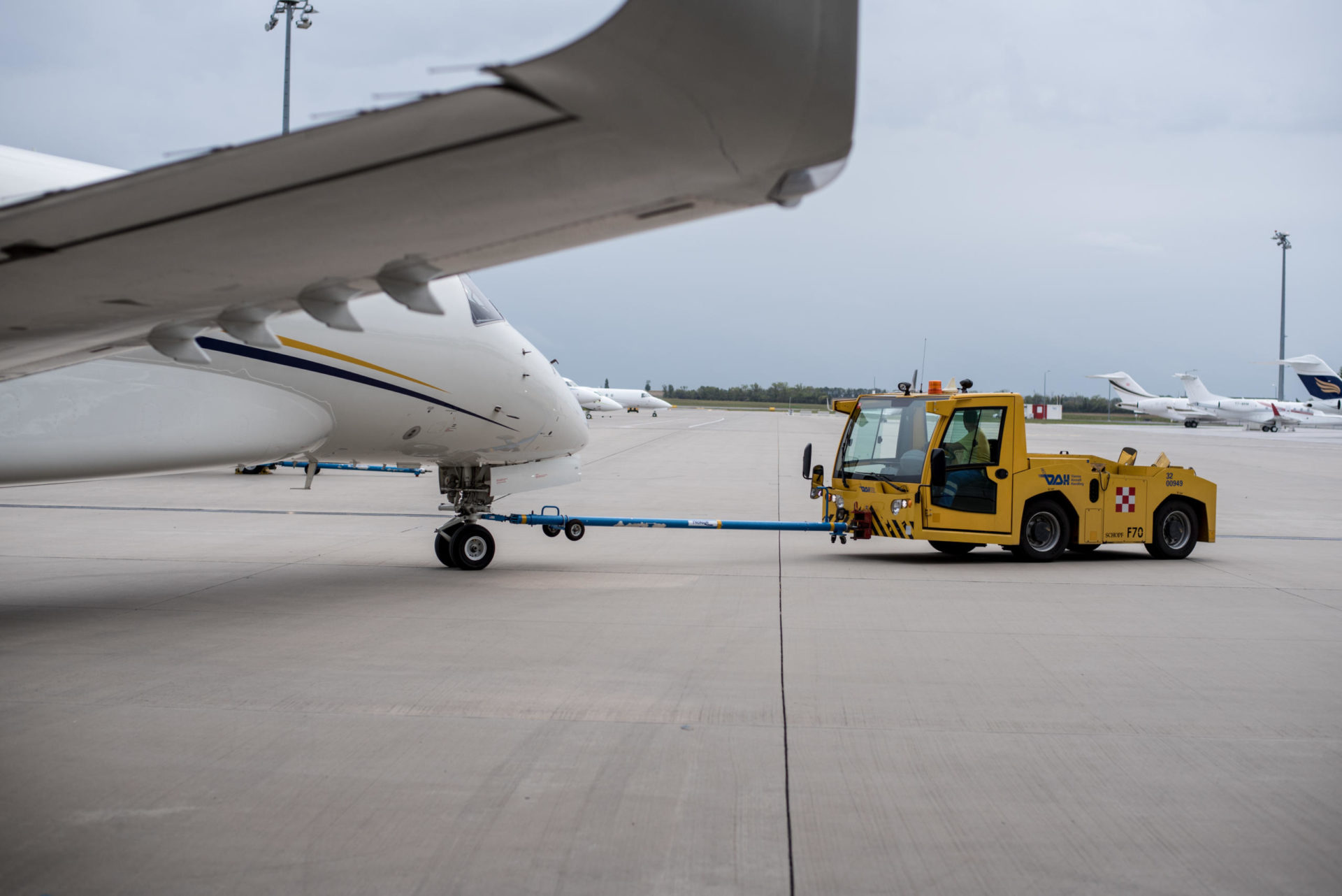EBAA initiates a working group in support of its advocacy work for anti-tankering
Following the entry into force of the ReFuelEU Regulation in January 2025, several European business aviation operators have started to voice concerns over the operational issues with the implementation of the regulation’s Article 5, forbidding fuel tankering at Union airports and requiring burdensome administrative requirements. EBAA has gathered a group of expert members’ operators to help the association shape arguments in view of the ReFuelEU review in 2027 and assist other members with compliance.
Other than mandating fuel suppliers to supply an increasing share of SAF at Union airports, ReFuelEU’s Article 5 also seeks to curb the practice of fuel tankering. Thus, the regulation obligates aircraft operators to ensure that the yearly quantity of fuel uplifted at a given Union airport is at least 90% of their yearly aviation fuel required, as a measure to limit tankering. This obligation, according to the rationale of European regulators, avoids the excessive emissions related to extra fuel weight, minimises cost avoidance practices that would undermine the level playing field in the EU air transport market, and promotes the uptake of SAF at Union airports. Aircraft operators are also required to comply with reporting and data collection obligations, in accordance with Article 8, which must be submitted to competent authorities and the European Aviation Safety Agency (EASA).
A regulation designed for scheduled aviation brings unintended consequences for business aviation
While the business aviation sector welcomed ReFuelEU as a necessary regulatory push for scaling up SAF adoption, the sector has acknowledged that the regulation’s anti-tankering provision was crafted with scheduled aviation in mind. It fails to take into account the unscheduled nature of business aviation, resulting in systematic operational difficulties for operators that can disrupt the on-demand business model of the sector.
Unlike commercial airlines that operate on fixed routes and schedules, business aviation is inherently flexible, responding to dynamic client demands and short-notice itinerary changes. The obligation to uplift 90% of annual fuel requirements at a given airport presents significant hurdles for operators, who may not return frequently to the same locations or may need to refuel at airports where fuel suppliers usually proritise airlines aircraft. This new rigidity brought by this rule undermines operational efficiency, increases costs, and in some cases, could make certain flight missions unfeasible.
EBAA’s working group: A coordinated industry response to regulatory challenges
In response to these concerns, EBAA has established a dedicated working group, bringing together operators and regulatory experts from its wide membership to work together on understanding the implications of this regulatory challenge and develop adequate compliance and advocacy countermeasures for the European business aviation sector.
This initiative aims to:
- Provide evidence-based input for the 2027 review of ReFuelEU, advocating for a framework that better reflects the operational realities of business aviation.
- Assist members in navigating compliance requirements.
- Engage with EU regulators to propose adjustments that maintain environmental objectives without imposing disproportionate burdens on business aviation.
Throughout 2025, the EBAA working group will work together to assess the real-world impact of the antitankering rule on business aviation operations. With peak traffic expected during the summer season, when operational flexibility is most crucial, the working group will closely track compliance challenges as they emerge. Members will also be active in gathering concrete data and case studies as to build a robust evidence base to support outreach to European regulators, highlighting instances where the current framework creates unintended consequences.
Addressing non-CO₂ emissions
Beyond addressing immediate concerns related to antitankering, the working group will also explore synergies with ongoing discussions on non-CO₂ emissions. With the imminent expansion of the Monitoring, Reporting, and Verification Regulation (MRV) to include non-CO₂ effects, legislative scrutiny on these emissions is set to increase. The group will evaluate potential implications for business aviation and seek opportunities to collaborate on shaping an approach that ensures both regulatory feasibility and environmental effectiveness, taking into account business aviation’s operational nature.



